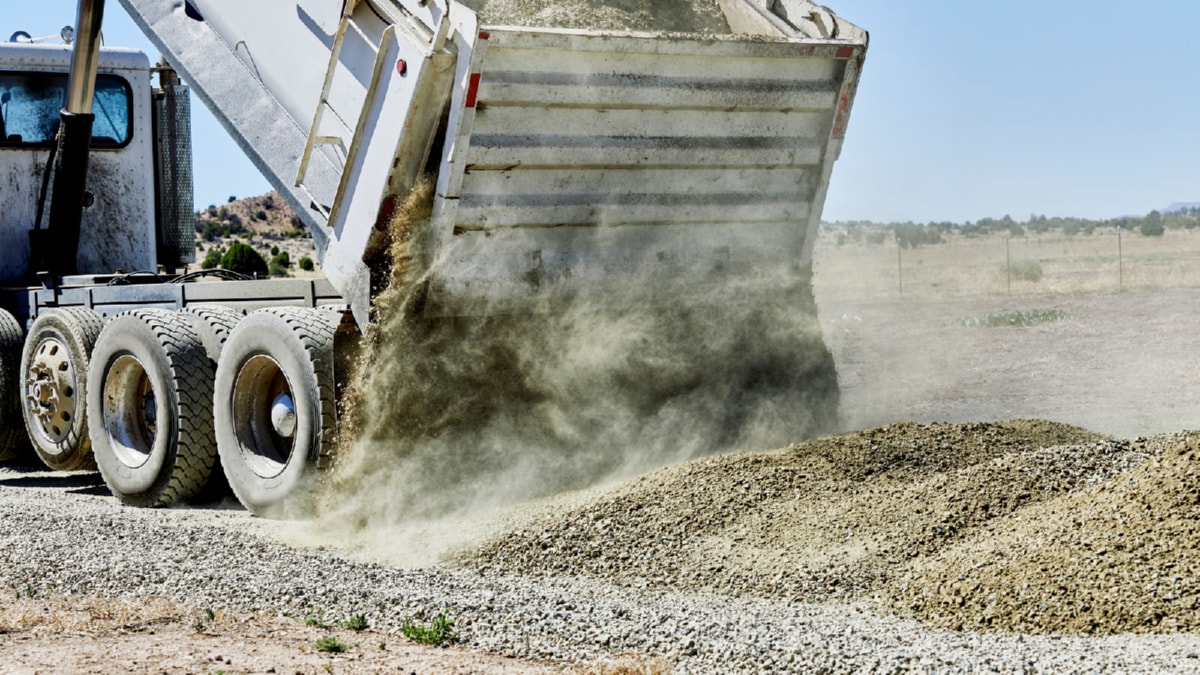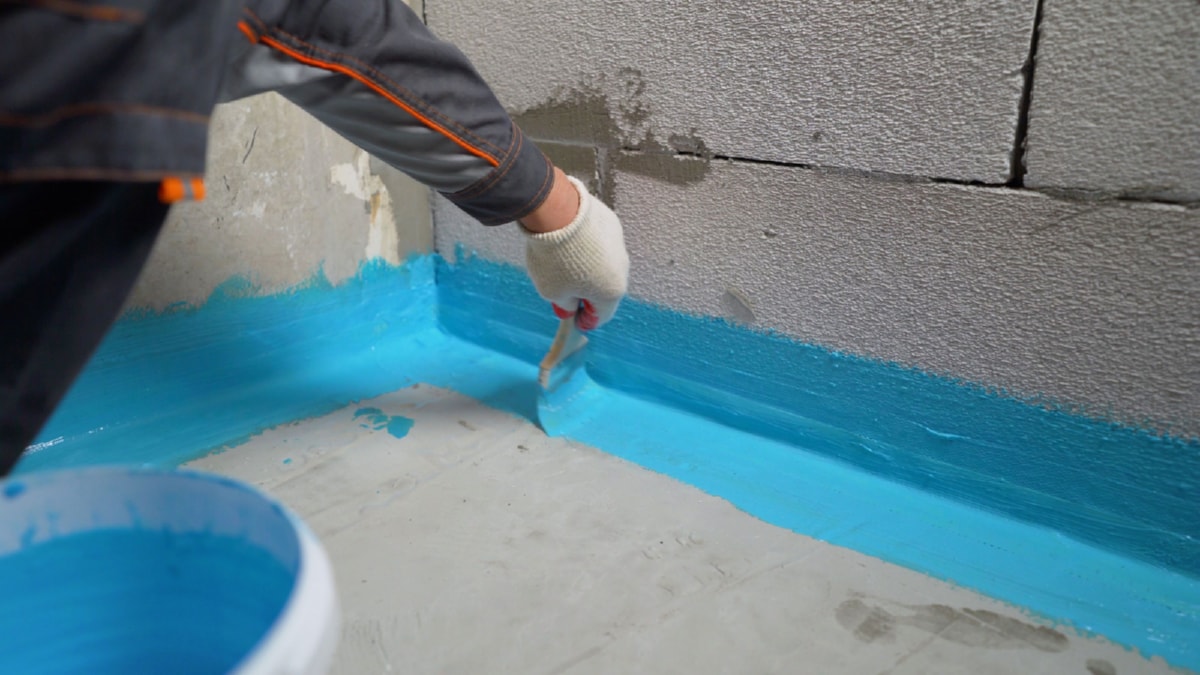The Future of Construction: Digital Solutions
The construction industry is on the cusp of a significant transformation, thanks to the invasion of technology. This transformation is not just about adopting digital tools for traditional methods, but about fundamentally changing how we design, plan, and execute construction projects. Digitization is fast becoming the backbone of the construction industry, facilitating efficiency, accuracy, and safety.
One of the most revolutionary advancements in construction technology is Building Information Modeling (BIM). BIM allows architects, engineers, and construction professionals to create and manage digital representations of physical and functional characteristics of places. This technology simplifies the planning, design, and construction process, reducing errors and enhancing collaboration among team members.
Another technology reshaping the construction industry is drones. These devices provide a bird’s eye view of construction sites, enabling project managers to monitor progress, identify potential hazards, and perform accurate site surveys. Drones can also assist in inspecting hard-to-reach areas, reducing the risk to human workers.
The use of Machine Learning (ML) in construction is also on the rise. AI-powered machines can perform repetitive tasks with high precision and efficiency, thus reducing human error and increasing productivity. Furthermore, AI algorithms can predict potential construction risks, aiding in proactive decision-making.
Automation is another technology that’s making waves in the construction industry. From bricklaying robots to self-driving construction vehicles, automation is revolutionizing how tasks are performed on construction sites. Robots not only increase efficiency but also improve safety by performing dangerous tasks, thereby minimizing risks to human workers.
The Critical Role of Safety in Construction Sites
Safety is a fundamental concern in the construction industry. The implementation of technology is playing a significant role in enhancing safety measures on construction sites. Smart wearables, for instance, can monitor workers’ health and safety in real-time. These devices can detect falls, monitor vitals, and even send alert notifications in case of emergencies.
Virtual Reality (VR) and Augmented Reality (AR) are also stepping up safety training in construction. These technologies allow workers to encounter potential hazards in a controlled environment, preparing them for real-world scenarios. This immersive training approach not only enhances learning but also improves workers’ ability to respond to emergencies.
The future of the construction industry lies in the integration of technology and traditional methods. By embracing these digital solutions, we can expect a future where construction projects are safer, more efficient, and more accurate. This technological revolution is not just transforming the construction industry; it’s reshaping how we build our world.
For more details, check best Insulation Solutions in Waterford or visit their Insulation Services Waterford business listing here.




